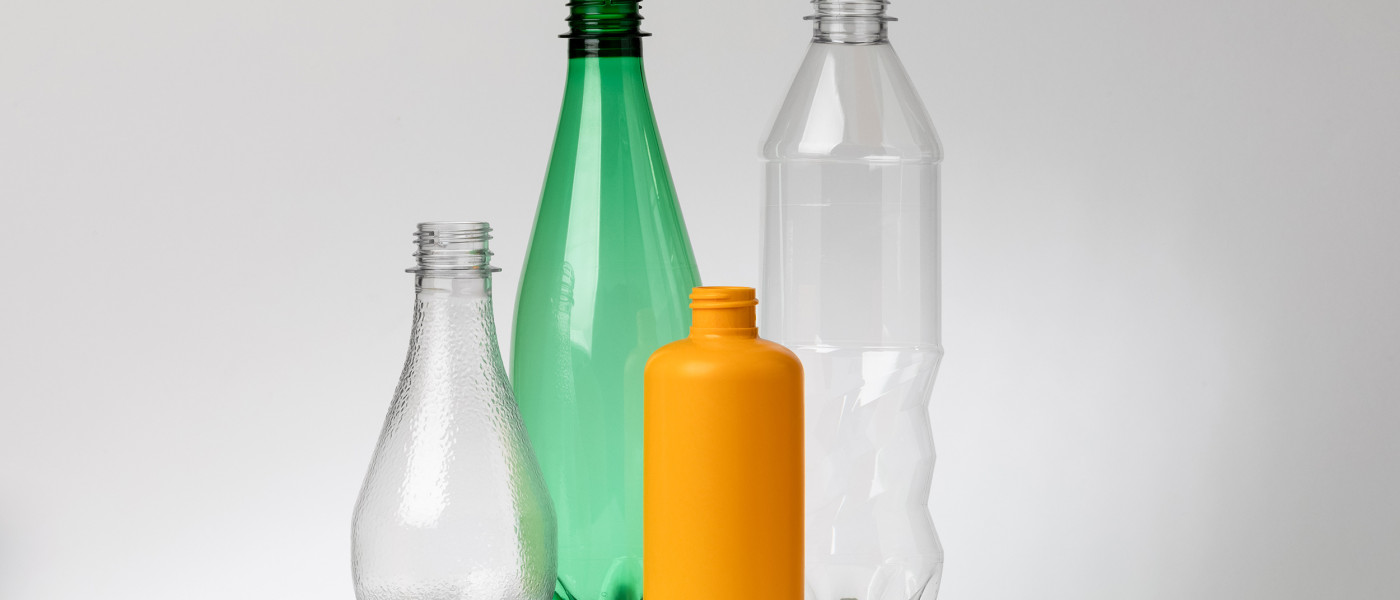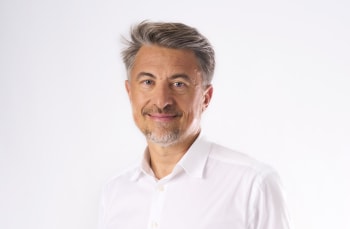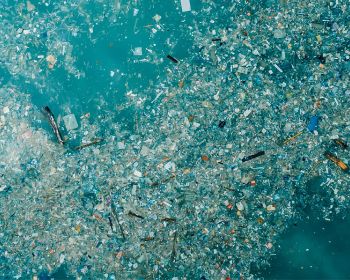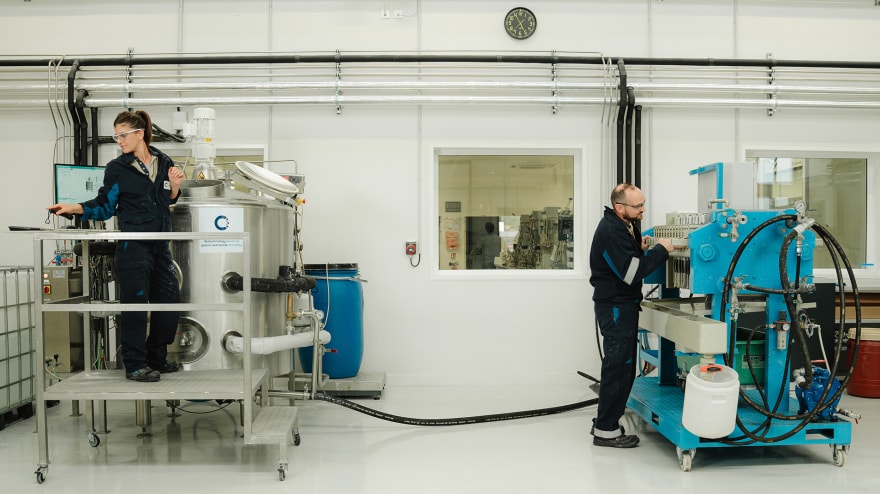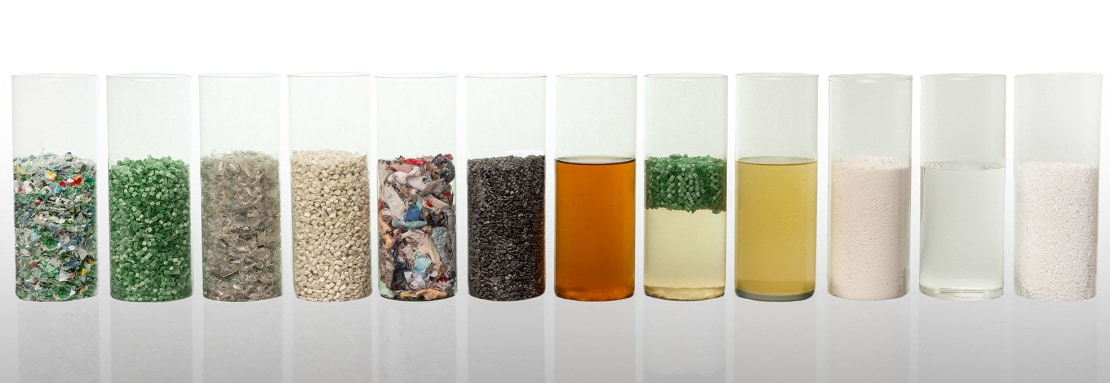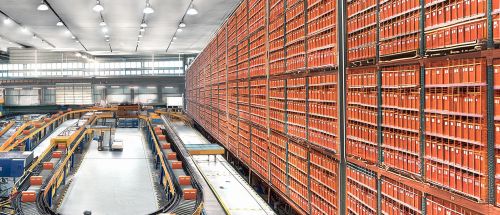Carbios, encouraging biorecycling
Although less than 10% of plastic and scarcely 1% of synthetic textiles are recycled, that could start to change thanks to the biotech company’s pioneering process. It uses enzymes to break down PET, the world’s second most widely-used plastic, allowing a completely new way of using – and reusing – plastic.
“We are the missing link between waste and plastic production. We had to find the best partners to help us deploy this technology,” says Emmanuel Ladent, CEO of Carbios, explaining that a decade after it was founded, Carbios was ready to move from research and development into the industrial phase in 2021. In order to build its demonstration plant to validate its technology at industrial scale, “we needed a strong partner like BNP Paribas to help us raise the amount of money needed,” he adds.
With the help of BNP Paribas, Carbios has successfully raised more than €250 million in equity through two record-breaking capital increase transactions, first in 2021, and again in 2023. “First of all, BNP Paribas helped us by advising when the timing was right and how to structure the capital raise, and then to implement it and sell our story to the market,” explains Ladent.
For those who move the world : Carbios and BNP Paribas
Carbios is a French company and a pioneer in the design and development of enzymatic processes for the biodegradation and biorecycling of plastics. These biological technologies enable us to rethink the end-of-life of plastics and textiles.
By 2023, Carbios was ready for a second capital injection, this time to fund the construction of its first commercial plant: the first PET biorecycling plant in the world. The plant was estimated at €230 million in June 2023 and is also being financed by the French government and local authorities such as the Grand Est region, as well as Thailand’s Indorama Ventures, the world's largest PET producer. The first-of-a-kind factory in Longlaville in north-eastern France will be able to process 50,000 tonnes of PET waste per year, equivalent to about 2 billion bottles or 300 million T-shirts, and first deliveries to customers are expected in 2026. In addition, the funding will also support future research and development on enzymes to address polyamides – a €30 billion market – as well as other types of plastic. Carbios already has two solutions to degrade PET and PLA, a biosourced plastic, which together represent about a fifth of the world's plastic.
“This plant is a key milestone as by 2026 it will provide the company with significant revenues for the first time in its history. In parallel, we are also deploying our technology on a global scale,” says Pascal Bricout, CFO of Carbios. “If I’m asked how the BNP Paribas team is performing with Carbios, the first and only answer is that we came back,” he added, referring to the decision to hire BNP Paribas again to lead the second round of fundraising due to its financial market expertise, and a deep knowledge of the business after building a trusted relationship since 2013.
Carbios developed an industrial solution for the biorecycling of PET, the dominant polymer in bottles, food packaging and polyester textiles.
Becoming a worldwide leader in plastic and textile circularity
Despite the challenges of raising finance for the growth of a company without revenues – preventing access to debt – the 2023 equity transaction set a new record on Euronext Growth Paris as the biggest capital increase on the market to date.
“The second capital increase was such a success that although we started asking investors for €120 million, we raised over €140 million. That's testament to the success of the transaction,” says Alexis Le Touzé, Head of Equity Capital Markets for BNP Paribas in France. He highlights the participation of major corporate shareholders including L’Occitane and L’Oréal, as well as the “real connectivity between the teams of Carbios and BNP Paribas, and all the stakeholders.”
Carbios has developed a pioneering process which allows a completely new way of using – and reusing – plastic.

